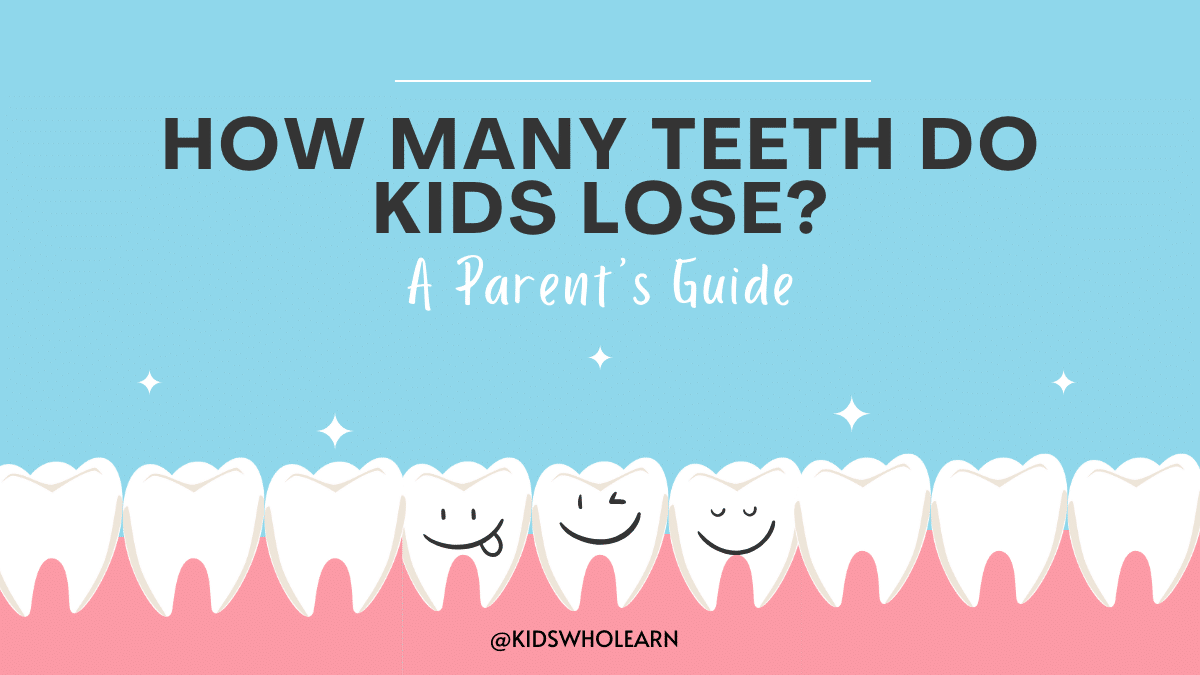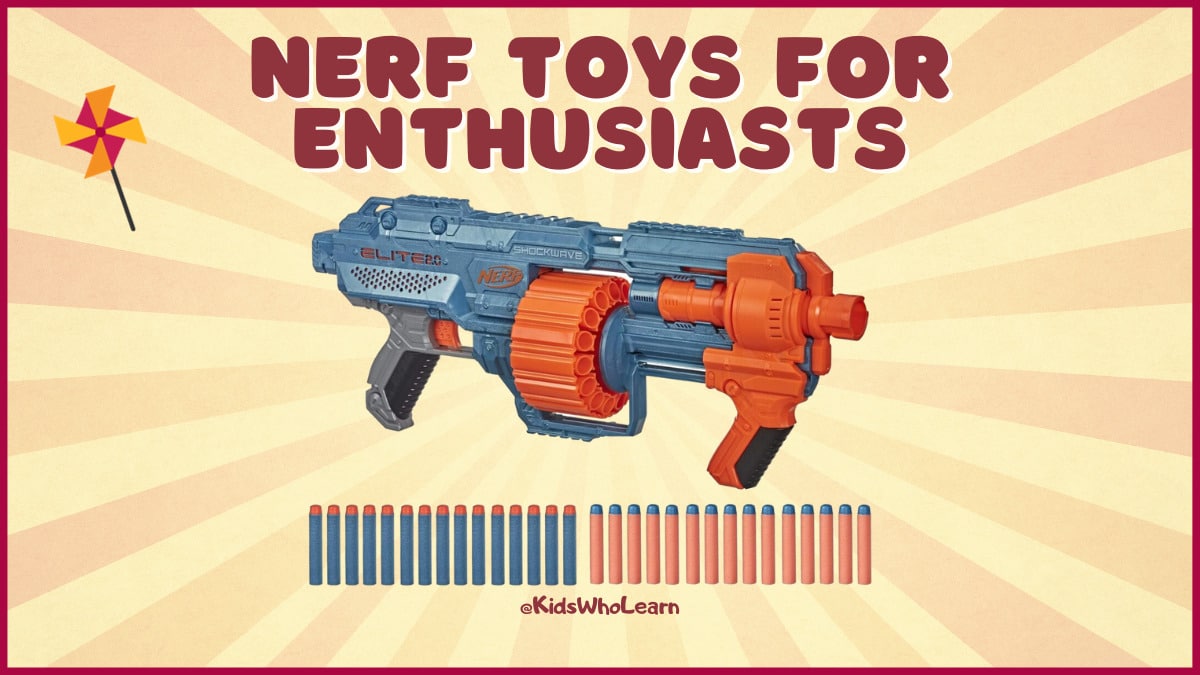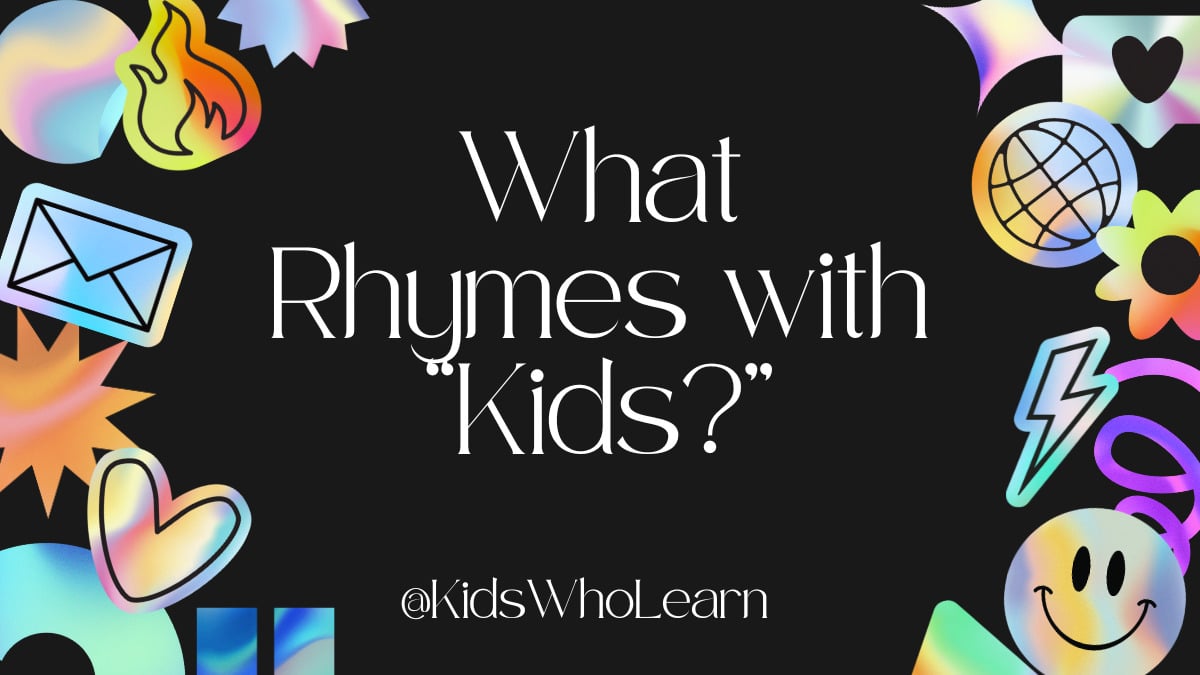If you’re a parent, you’ve probably wondered how many teeth your child will lose and when this process will begin. The answer to this question is not straightforward, as the timing and number of teeth lost can vary from child to child. However, there are some general guidelines that can help you understand the basics of baby teeth and the process of losing them.
Baby teeth, also known as primary teeth, typically begin to emerge between six and twelve months of age. By the age of three, most children will have a full set of 20 baby teeth. These teeth are important for a child’s development, as they help with speech, chewing, and the alignment of permanent teeth. As your child grows, their baby teeth will begin to loosen and fall out, making way for permanent teeth to emerge.
Key Takeaways
- Baby teeth usually begin to emerge between six and twelve months of age.
- By the age of three, most children will have a full set of 20 baby teeth.
- Baby teeth will eventually loosen and fall out, making way for permanent teeth to emerge.
The Basics of Baby Teeth
As a parent, it’s important to understand the basics of baby teeth. This knowledge will help you take care of your child’s oral health and ensure that their teeth develop properly. In this section, we’ll cover the first tooth appearance and the total number of baby teeth.
First Tooth Appearance
Most babies start teething between 4 and 7 months of age. However, it’s not uncommon for some babies to start teething as early as 3 months or as late as 12 months. The first tooth to appear is usually one of the two bottom front teeth. This is followed by the top front teeth.
Teething can be a difficult time for both babies and parents. Your baby may experience discomfort, irritability, and even a low-grade fever. To help alleviate your baby’s discomfort, you can try giving them a teething ring to chew on or rubbing their gums with a clean finger.
Total Number of Baby Teeth
By the time your child is 3 years old, they should have a full set of 20 baby teeth. These teeth will eventually fall out to make room for their permanent teeth. Here’s a breakdown of the total number of baby teeth:
| Type of Tooth | Number of Teeth |
|---|---|
| Incisors (front teeth) | 8 (4 on top, 4 on bottom) |
| Canines (pointed teeth) | 4 (2 on top, 2 on bottom) |
| Molars (back teeth) | 8 (4 on top, 4 on bottom) |
It’s important to take care of your child’s baby teeth, even though they will eventually fall out. Baby teeth play an important role in helping your child chew, speak, and develop proper jaw and facial structure. Plus, healthy baby teeth can help prevent decay and infection that can affect your child’s permanent teeth.
Now that you understand the basics of baby teeth, you can help ensure that your child’s teeth develop properly and stay healthy.
Process of Losing Baby Teeth
Age of Losing First Tooth
Losing baby teeth is a natural process that every child goes through. The first tooth usually falls out around the age of 6 or 7 years old. However, it is not uncommon for some children to lose their first tooth as early as 4 years old or as late as 8 years old.
The age at which a child loses their first tooth can depend on various factors, including genetics, diet, and overall health. In general, girls tend to lose their first tooth earlier than boys.
Sequence of Losing Teeth
After the first tooth falls out, the rest of the baby teeth will gradually start to loosen and fall out over the next few years. The sequence of losing teeth can vary from child to child, but it usually follows a similar pattern.
The front teeth are usually the first to go, followed by the molars and canines. By the age of 12 or 13, most children will have lost all of their baby teeth and have a full set of permanent teeth.
It is important to note that the order in which teeth fall out is not always the same for every child. Some children may lose their molars before their front teeth, or vice versa. This is normal and nothing to be concerned about.
In summary, losing baby teeth is a natural process that every child goes through. The first tooth usually falls out around the age of 6 or 7 years old, and the rest of the baby teeth will gradually start to loosen and fall out over the next few years. The sequence of losing teeth can vary from child to child, but it usually follows a similar pattern.
Permanent Teeth Replacement
Age of First Permanent Tooth
Around the age of six, your child will start to lose their baby teeth and their permanent teeth will begin to emerge. The first permanent teeth to come in are usually the lower central incisors, followed by the upper central incisors. This typically happens between the ages of six and eight, but can vary from child to child.
Total Number of Permanent Teeth
By the time your child is a teenager, they will have a total of 32 permanent teeth. These include eight incisors, four canines, eight premolars, and 12 molars (including four wisdom teeth).
It’s important to note that not all children will develop wisdom teeth, and some may only develop one or two. Additionally, some children may require orthodontic treatment to correct any misalignment or overcrowding of their permanent teeth.
Overall, it’s important to encourage good oral hygiene habits from a young age to ensure your child’s permanent teeth stay healthy and strong. This includes regular brushing and flossing, as well as regular dental check-ups and cleanings.
Common Concerns and Solutions
As a parent, it’s natural to have concerns about your child’s teeth, especially when they start losing them. Here are some common concerns and solutions to help you navigate this exciting time.
Delayed Tooth Loss
If your child hasn’t lost any teeth by the age of 7, it’s important to talk to your dentist. Delayed tooth loss can be caused by a variety of factors, including genetics, poor nutrition, and certain medical conditions.
Your dentist may recommend monitoring your child’s teeth closely or taking X-rays to check for any underlying issues. In some cases, they may recommend extracting baby teeth to make room for permanent teeth to come in.
Premature Tooth Loss
On the other hand, if your child loses a tooth too early, it can cause problems with their permanent teeth. Baby teeth act as placeholders for permanent teeth, and losing them too soon can cause the surrounding teeth to shift and crowd the incoming permanent teeth.
If your child loses a tooth prematurely due to injury or decay, talk to your dentist about possible solutions. They may recommend a space maintainer to keep the surrounding teeth from shifting or a dental implant to replace the missing tooth.
Remember, every child is different, and there’s no one-size-fits-all solution for tooth loss. By working closely with your dentist and monitoring your child’s teeth, you can ensure a healthy and happy smile for years to come.
Maintaining Oral Health During Tooth Loss
Losing baby teeth is a normal part of childhood, and it’s important to maintain good oral health during this process. Here are some tips to help you keep your child’s mouth healthy as their baby teeth fall out.
Regular Dental Check-ups
It’s important to continue taking your child to the dentist for regular check-ups even as they lose their baby teeth. Your dentist can monitor the health of your child’s teeth and gums, and identify any potential problems early on. They may also recommend fluoride treatments or dental sealants to help protect your child’s teeth.
Good Oral Hygiene Habits
Good oral hygiene habits are essential for maintaining oral health during tooth loss. Encourage your child to brush their teeth twice a day with fluoride toothpaste and a soft-bristled toothbrush. Make sure they floss daily to remove food particles and plaque from between their teeth. You may also want to consider using a mouthwash to help kill bacteria and freshen their breath.
Here are some additional tips to help maintain good oral hygiene:
- Avoid sugary and acidic foods and drinks, which can contribute to tooth decay.
- Encourage your child to drink plenty of water, which can help rinse away food particles and bacteria.
- Consider using a toothbrush with a smaller head to help reach all areas of your child’s mouth.
- Help your child brush their teeth until they are old enough to do it on their own.
- Use a timer or play a song to help your child brush for the recommended two minutes.
By following these tips, you can help your child maintain good oral health during tooth loss and set them up for a lifetime of healthy teeth and gums.
Frequently Asked Questions
At what age do children typically start losing their baby teeth?
Children usually start losing their baby teeth around the age of 6 or 7. However, some children may start losing their teeth as early as 4 years old or as late as 8 years old.
What is the average number of baby teeth that children lose?
Children typically have 20 baby teeth, and they will lose all of them by the time they are 12 or 13 years old.
Do children lose their teeth in a specific order?
Yes, children lose their teeth in a specific order. Usually, the bottom front teeth are the first to go, followed by the top front teeth. After that, the teeth on either side of the front teeth are lost, followed by the molars in the back.
How many teeth do children usually have by the age of 10?
By the age of 10, most children will have lost all of their baby teeth and will have 28 permanent teeth. The last four molars, also known as wisdom teeth, usually come in during the late teenage years or early adulthood.
When do children stop losing their baby teeth?
Children stop losing their baby teeth when they have lost all 20 of them and their permanent teeth have fully grown in. This usually happens by the time they are 12 or 13 years old.
What are the most common reasons for a child’s tooth not falling out naturally?
Sometimes a baby tooth may not fall out naturally, which can be caused by a few reasons. One reason is that the permanent tooth may be growing in at an angle and pushing against the baby tooth, preventing it from falling out. Another reason could be that the baby tooth’s roots have not fully dissolved, making it difficult for the tooth to come out. If you have concerns about your child’s teeth, it’s best to consult with a dentist.







